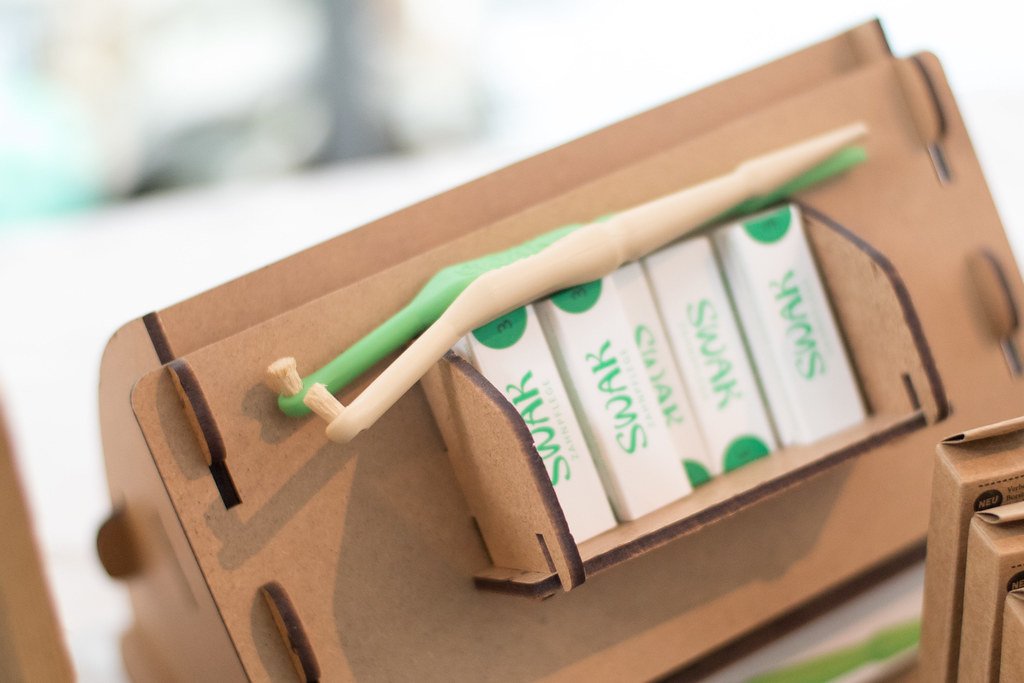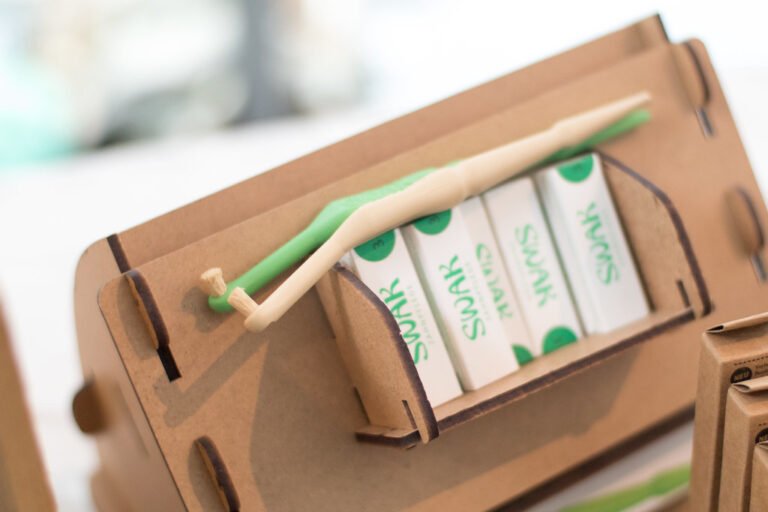Physical Address
304 North Cardinal St.
Dorchester Center, MA 02124
Physical Address
304 North Cardinal St.
Dorchester Center, MA 02124


Adopting a zero-waste lifestyle can seem daunting, but starting with small, manageable changes can make it both achievable and rewarding. The first step is incorporating zero-waste products into your everyday routine. These simple swaps not only reduce waste but can also save money and promote healthier habits for you and the planet. If you’re new to sustainable living, this guide will help you identify the best zero-waste products to get started and how to integrate them into your daily life.
Waste production is at an all-time high. Globally, we generate over two billion tons of waste annually, with only 13% of it being recycled. Single-use plastics, non-biodegradable materials, and overconsumption are contributing to overflowing landfills and polluted ecosystems. By shifting to zero-waste products, you actively reduce your carbon footprint, minimize resource consumption, and protect the environment for future generations.
A zero-waste lifestyle isn’t about achieving perfection; it’s about making mindful decisions. Even the smallest efforts, such as replacing single-use items with reusable alternatives, can make a significant difference. This transition also promotes a culture of intentional consumption, encouraging people to buy less and reuse more.
Plastic bags are among the most pervasive forms of waste. Switching to reusable shopping bags is an easy and impactful first step. These bags are versatile, durable, and widely available. Many are made from recycled or organic materials, making them an eco-friendly option.
Pro Tip: Keep a few reusable bags in your car or backpack so you never forget them during your next shopping trip.
Ditching single-use plastic water bottles in favor of stainless steel or glass bottles can significantly reduce plastic waste. These bottles are not only environmentally friendly but also better for your health, as they avoid potential chemical leaching from plastics.
Example: Emma, an office worker, replaced her plastic bottles with a stainless steel one. Not only did she eliminate waste, but she also noticed her drinks stayed cooler longer during hot summer days.
Plastic wraps and bags are common in most households, but they’re also a major contributor to plastic pollution. Beeswax wraps provide a reusable, biodegradable alternative. These wraps are perfect for covering bowls, wrapping sandwiches, or storing leftovers.
How to Use: Gently wash beeswax wraps in cold water with mild soap and reuse them for up to a year before composting.
Traditional dish sponges often contain synthetic materials that take hundreds of years to decompose. Compostable sponges, made from natural fibers like cellulose, are a sustainable replacement. They clean just as effectively and can be composted when worn out.
Tip: Pair your compostable sponges with DIY cleaning solutions made from natural ingredients like vinegar and baking soda.
Switching to a bamboo toothbrush is a small yet meaningful step toward sustainability. Unlike traditional plastic toothbrushes, bamboo options are biodegradable and can be composted (minus the nylon bristles).
Did You Know? Over a billion plastic toothbrushes are thrown away annually in the U.S. alone, making bamboo a far greener choice.
If you’re a coffee lover, you’ve likely contributed to the billions of disposable coffee cups discarded each year. Reusable coffee cups made from stainless steel or glass are a stylish and sustainable way to enjoy your favorite beverages on the go.
Paper towels and napkins contribute to deforestation and waste. Cloth alternatives are washable, reusable, and long-lasting. Many brands offer napkins made from organic cotton or hemp, which are more eco-friendly.
Identify the areas in your life where you generate the most waste. For example, if your kitchen is a hotspot for disposable items, focus on swapping out plastic wraps, paper towels, and single-use utensils first.
Support companies committed to sustainability and ethical manufacturing practices. Many brands also provide transparency about their sourcing and production processes.
External Resource: For tips on finding ethical and sustainable products, check out the Sustainable Jungle guide to eco-friendly living.
Choose products designed to last. High-quality items might have a higher upfront cost, but they save you money in the long run by reducing replacements.
Sometimes, the best zero-waste options are the ones you can create at home. For example, make reusable cleaning rags from old clothes or create natural cleaning solutions using everyday household items.
Adopting zero-waste products has tangible benefits beyond reducing environmental impact. Many people find that it saves them money, simplifies their routines, and fosters a sense of mindfulness.
Case Study: Jake, a father of two, started using reusable snack bags, bamboo toothbrushes, and beeswax wraps in his household. Over a year, he estimated a savings of $300 from no longer purchasing disposable items.
Zero-waste living also encourages community engagement. By sharing tips and tools with neighbors or participating in local recycling programs, you contribute to collective action for a greener planet.
While many zero-waste products have a higher upfront price, their long-term savings outweigh the initial investment. For instance, a set of reusable makeup remover pads may cost more than a pack of cotton rounds, but they last for years.
Transitioning to zero-waste living requires adjustments to your routine. To make it easier, introduce changes gradually. Start with one area of your life, such as your kitchen or bathroom, and expand from there.
In some regions, finding eco-friendly products can be challenging. Shopping online from sustainable brands can help bridge this gap.
External Resource: Visit EarthHero for a wide range of eco-friendly products that ship internationally.
The impact of your choices extends beyond your household. By modeling sustainable habits, you inspire others to take action. Share your favorite products, offer recommendations, or give zero-waste gifts to friends and family.
We at EcoTipsEveryday.com believe that individual actions, when multiplied, create significant change. Whether it’s using a bamboo toothbrush or switching to reusable grocery bags, every small step contributes to a larger movement toward sustainability.
What are your favorite zero-waste products? Have you tried any of the items on this list? We’d love to hear your experiences and recommendations. Share your tips in the comments below and help us grow a community of eco-conscious individuals working toward a greener future.